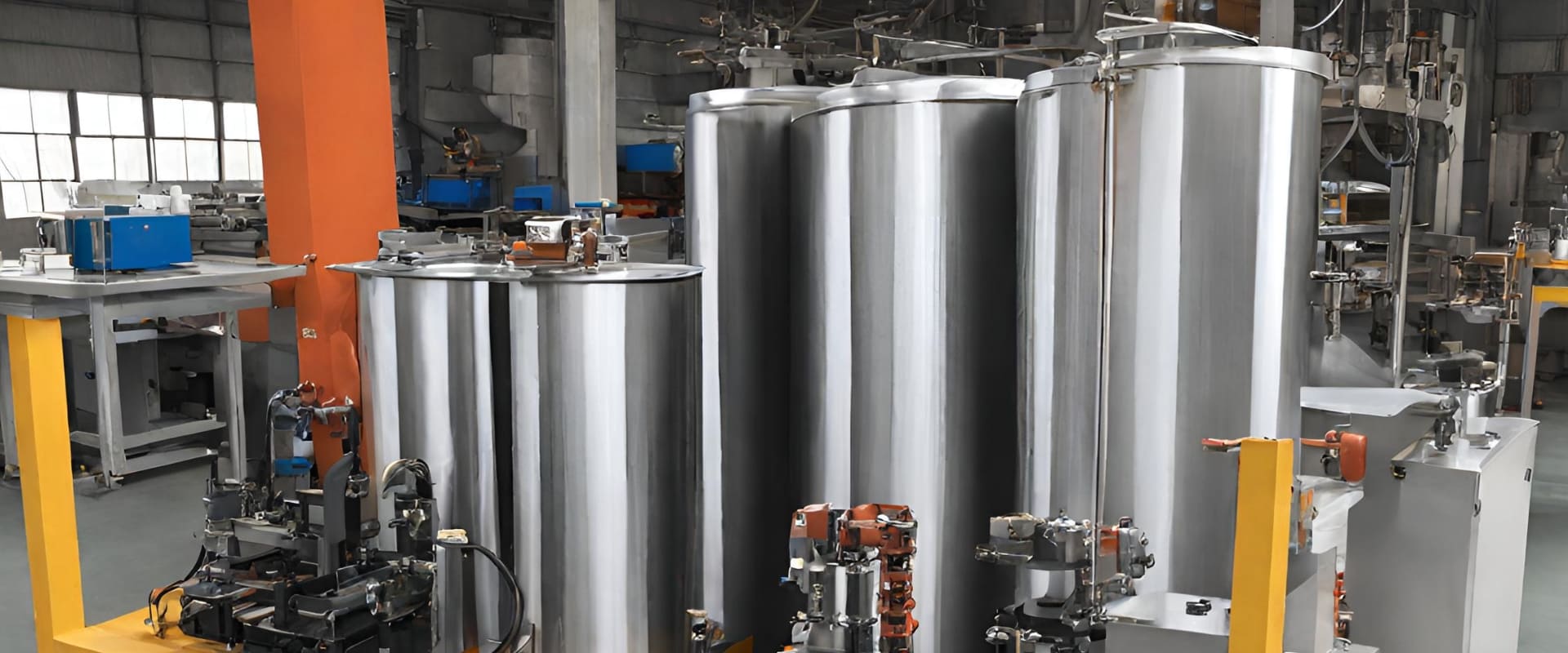Abstract
Separator is an important component of Li-ion battery which is mainly a Polymeric Membrane forming microporous layer having chemical and electrochemical stability along with being mechanically strong during battery construction. Cell performance, battery life, safety and reliability are affected by Battery Separator.
Blog
The separator stands as a critical component within the intricate architecture of a Lithium-ion (Li-ion) battery, playing a pivotal role in determining its performance, longevity, safety, and overall reliability. This essential element takes the form of a polymeric membrane, carefully engineered to create a microporous layer that balances the need for chemical and electrochemical stability while simultaneously exhibiting mechanical strength during the construction of the battery.
In the realm of Li-ion batteries, which have become the cornerstone of energy storage for various applications, including portable electronics, electric vehicles, and renewable energy systems, the separator is much more than a mere physical barrier. Its multifaceted functions are instrumental in ensuring the efficient and safe operation of the battery throughout its life cycle.
The microporous structure of the separator is strategically designed to facilitate the flow of lithium ions between the positive electrode (cathode) and the negative electrode (anode) during the charging and discharging cycles of the battery. This permeability is vital for the transport of ions while preventing direct contact between the electrodes, which could lead to a short circuit and compromise the safety of the battery.
Chemical and electrochemical stability are paramount characteristics of the separator material. The harsh conditions within a Li-ion battery, marked by chemical reactions and the movement of ions, necessitate a separator that remains resilient and inert over numerous charge-discharge cycles. The ability to maintain its structural integrity and electrochemical performance over time directly impacts the battery's overall lifespan and reliability.
Mechanical strength is another crucial attribute of the separator, particularly during the assembly and operation of the Li-ion battery. As the battery undergoes manufacturing processes and experiences mechanical stresses during usage, the separator must possess the durability to withstand these forces without compromising its functionality. A mechanically robust separator ensures the structural integrity of the battery, contributing to its long-term performance and safety.
Cell performance, which encompasses factors such as energy density, power output, and cycling stability, is significantly influenced by the quality and design of the separator. An optimized separator enhances the overall efficiency of the battery, allowing for higher energy storage capacity and improved power delivery. Moreover, the separator's impact on the battery's internal resistance directly affects its thermal management, influencing both safety and reliability during operation.
In essence, the separator in a Li-ion battery is a linchpin that connects various aspects of its functionality. Its careful selection and engineering are pivotal not only for enhancing the electrochemical performance but also for ensuring the safety and reliability of the entire energy storage system. Researchers continually explore innovative materials and manufacturing techniques to push the boundaries of separator technology, aiming to unlock higher energy densities, longer battery lifespans, and safer operation, thereby contributing to the ongoing evolution of energy storage solutions.



